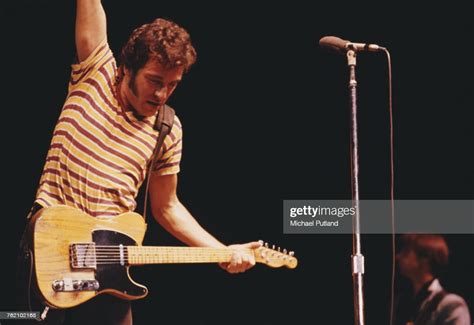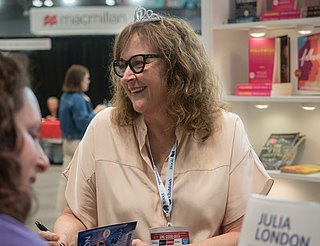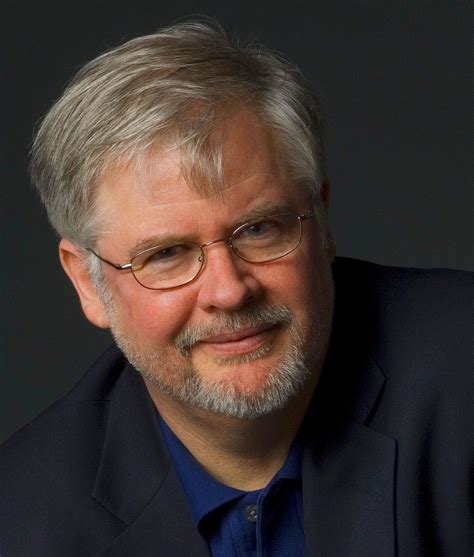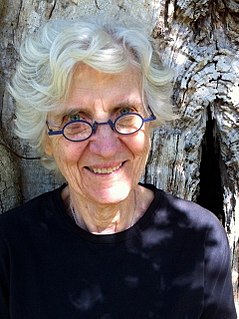A Quote by Ann Patchett
I've been writing the same book my whole life - that you're in one family, and all of a sudden, you're in another family, and it's not your choice, and you can't get out.
Related Quotes
Your first family is your blood family and you always be true to that. That means something. But there's another family and that's the kind you go out and find. Maybe even by accident sometimes. And they're as much blood as your first family. Maybe more so, because they don't have to look out for you and they don't have to love you. They choose to.
My father wasn't perfect. He had a temper. I took some of that. He would snap, but the older he got, he started calming down. He learned about life, but the thing that he taught my whole family was that family was the most important thing and, no matter what, if a family member needs you, you go and help them out; you get there.
Family was even a bigger word than I imagined, wide and without limitations, if you allowed it, defying easy definition. You had family that was supposed to be family and wasn't, family that wasn't family but was, halves becoming whole, wholes splitting into two; it was possible to lack whole, honest love and connection from family in lead roles, yet to be filled to abundance by the unexpected supporting players.
As for my writing process, there is one truth I have discovered after writing some twenty-plus books: Not every book is the same, but the middle of every book is where I really begin to question my choice of vocations. The beginning and end is usually fairly clear to me, but that middle just sucks the life right out of me.
And that's how things are. A day is like a whole life. You start out doing one thing, but end up doing something else, plan to run an errand, but never get there. . . . And at the end of your life, your whole existence has the same haphazard quality, too. Your whole life has the same shape as a single day.
As I view it, in every family a record should be kept...that record should be the first stone, if you choose, in the family altar. It should be a book known and used in the family circle; and when the child reaches maturity and goes out to make another household, one of the first things that the young couple should take along should be the records of their families, to be extended by them as life goes on...each one of us carries, individually, the responsibility of record keeping, and we should assume it.
Whether your purpose for writing is artistic expression, communication with friends and family, the healing of the inner life, or achieving public recognition for your art - the foundation is the same: the claiming of yourself as an artist/writer and the strengthening of your writing voice through practice, study, and helpful response from other writers.



































